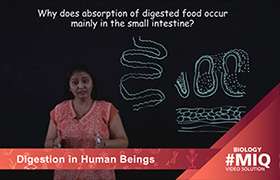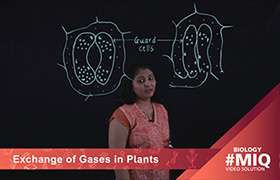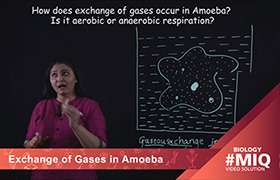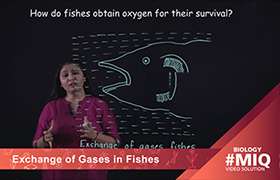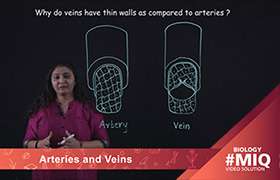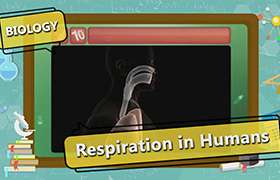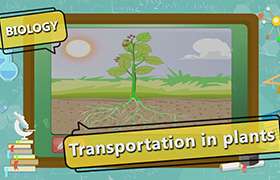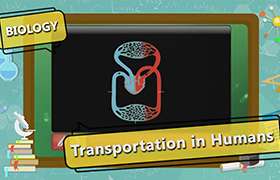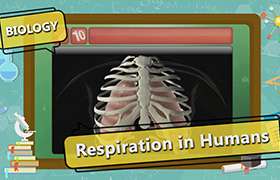CBSE Class 10 Answered
5.
Urine is produced by the nephrons of kidneys. Urine formation takes place in 3 steps:
i) Glomerular filtration - Filtration of water and dissolved substances out of the blood in the glomeruli and into Bowman's capsule.
ii) Selective Reabsorption - Reabsorption of water and dissolved substances out of the kidney tubules back into the blood ( this process prevents substances needed by the body from being lost in the urine)
iii) Tubular secretion - Separation of unwanted substances from blood like hydrogen ions (H+), potassium ions (K+), ammonia (NH3), and certain drugs, and actively secreting them into the renal filtrate.
The concentrated urine is then taken to urinary bladder through ureters and stored there, until release.
This was the brief description of the urine formation. These steps are explained in detail in the following account:
Urine formation begins with the process of filtration, which goes on continually in the renal corpuscles. As blood courses through the glomeruli, much of its fluid, containing both useful chemicals and dissolved waste materials, soaks out of the blood through the membranes (by osmosis and diffusion) where it is filtered and then flows into the Bowman's capsule. This process is called glomerular filtration. The water, waste products, salt, glucose, and other chemicals that have been filtered out of the blood are known collectively as glomerular filtrate
Reabsorption, is the movement of substances out of the renal tubules back into the blood capillaries located around the tubules (called the peritubular copillaries). Substances reabsorbed are water, glucose and other nutrients, and sodium (Na+) and other ions. Reabsorption begins in the proximal convoluted tubules and continues in the loop of Henle, distal convoluted tubules, and collecting tubules.
The third important process in the formation of urine is secretion. Here the substances move into the distal and collecting tubules from blood in the capillaries around these tubules. In this respect, secretion is reabsorption in reverse. Whereas reabsorption moves substances out of the tubules and into the blood, secretion moves substances out of the blood and into the tubules where they mix with the water and other wastes and are converted into urine. These substances are secreted through either an active transport mechanism or as a result of diffusion across the membrane. Substances secreted are hydrogen ions (H+), potassium ions (K+), ammonia (NH3), and certain drugs. The urine thus formed is sent to the bladder for elimination to the outside.
.
Post each query separately

